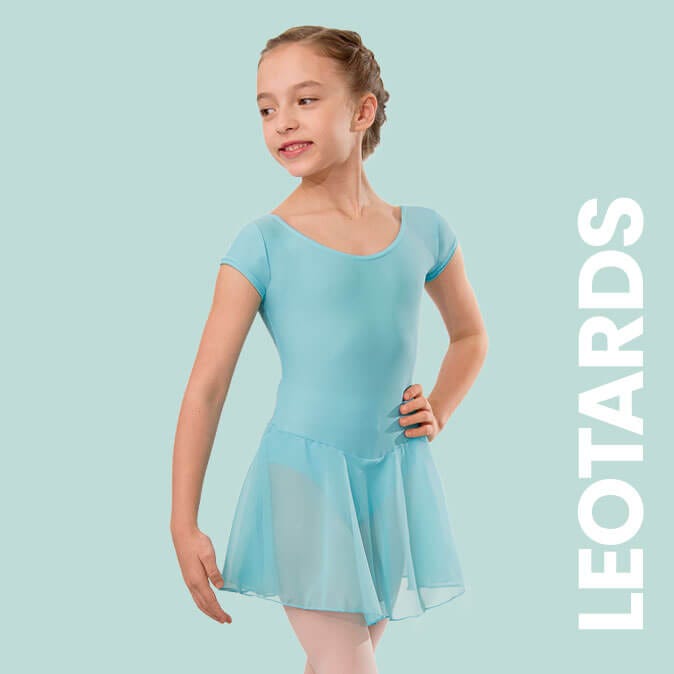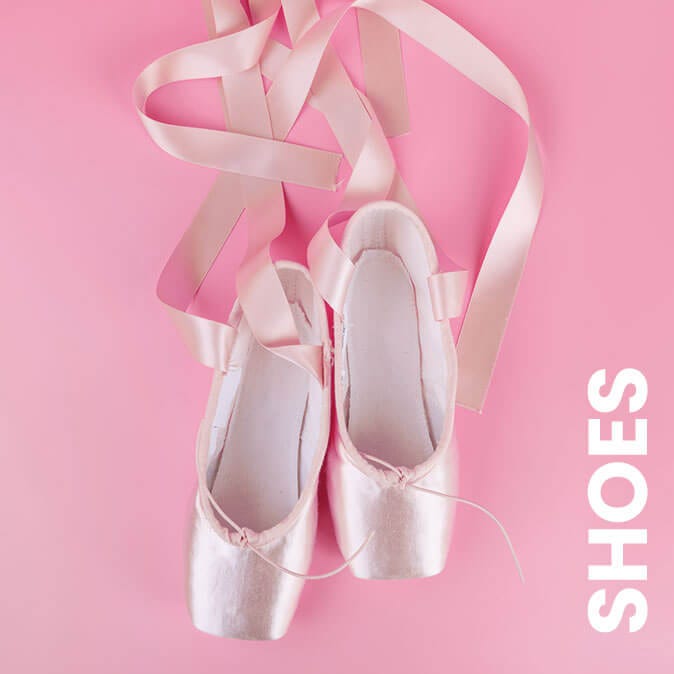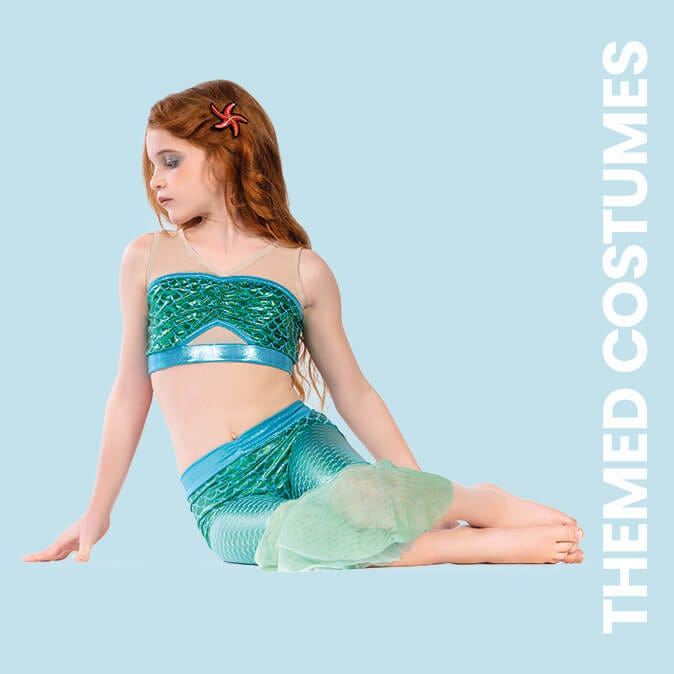Dance: The Benefits


Dance, and exercise generally, have many obvious physical benefits, however less attention is paid to those mental benefits that occur as a result too.
Most dancers love what they do because dancing removes them from the everyday, and the stresses that come with it. Dance is a distraction, even an escape, transporting dancers into an alternative world. Being stressed can have a damaging effect on both the body and mind and is no fun at all. As a result, exercise, and dance specifically, is one of the best and easiest ways to relieve stress, because chemicals are released into the brain which help control how it deals with stress.
In addition to combatting stress, research on exercise has also shown that moderate to high intensity aerobic workouts can help reduce feelings of anxiety, which dance falls under. Boosting the brain in this way by taking part in exercise means the brain's functioning and performance is improved, as well as stimulating the development of new brain cells. Deterioration of key parts of the brain can start to occur at a young age, so dancing and taking exercise can slow this decline down, and even reverse it. Dance, also affecting the brain's learning and memory, strengthens the neurons and works to make them more efficient.
The ultimate mental benefit of dance, however, is happiness! Immersing yourself and your students in dance and forgetting the outside world, focusing on yourself and enabling the body to move leads straight to happiness. Scientifically speaking, happiness is the creation of dopamine, serotonin, oxytocin and endorphins. These chemicals create the feelings of happiness we feel through dance and exercise; even a small amount can create the desired effect. Studies have shown that exercising or dancing for just 30 minutes a few times a week can instantly boost your overall mood.










